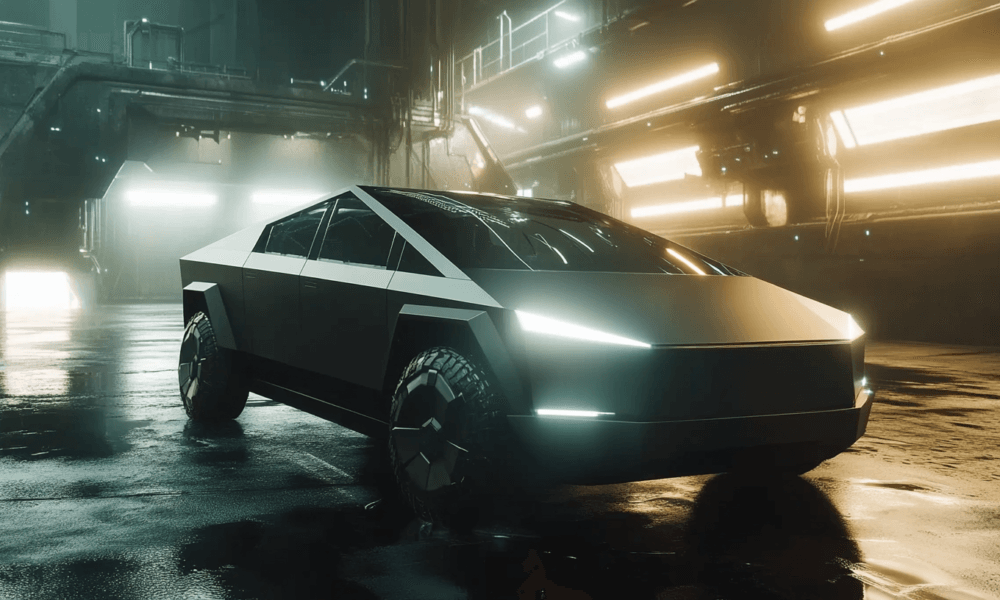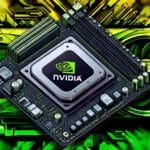Tesla’s Latest Recall: What It Means for Cybertruck Enthusiasts
Tesla has long been at the forefront of electric vehicle (EV) innovation, consistently pushing boundaries with its futuristic designs and cutting-edge technology. However, Tesla has also faced a fair share of challenges, and its recent recall is a reminder that even industry leaders face setbacks. The latest recall, which involves some of Tesla’s vehicles, has generated concerns among both existing Tesla owners and potential Cybertruck buyers. In this article, we will explore the implications of Tesla’s latest recall on customer trust, the reputation of the highly anticipated Cybertruck, and the dynamics of the overall EV market.
The Recall: What Happened?
In early 2024, Tesla issued a recall involving several thousand vehicles due to potential safety issues related to the autopilot system. The recall affects specific models, including the Model S, Model X, and Model Y, and is connected to concerns about the vehicle’s autonomous driving capabilities, which may not comply with certain federal safety standards. The recall was initiated after a series of investigations by the National Highway Traffic Safety Administration (NHTSA), which highlighted the potential risks involved.
While the recall does not specifically mention the Cybertruck (which is yet to be launched officially), it raises questions about the reliability and safety of Tesla’s autonomous technology—a key feature that the company has heavily emphasized in the Cybertruck’s marketing campaign.
Implications for Cybertruck Enthusiasts
1. Concerns About Reliability and Safety
The Cybertruck, with its unique angular design and promise of bulletproof durability, has been one of the most anticipated releases in the electric vehicle market. Tesla has marketed the Cybertruck as a robust and technologically advanced utility vehicle, capable of handling a variety of terrains and tasks. However, the recent recall has led to concerns among enthusiasts regarding the safety and reliability of Tesla’s technology.
The recall focuses primarily on Tesla’s autopilot system, which has been a major selling point for the Cybertruck. Tesla has promised an advanced version of Full Self-Driving (FSD) capabilities in the Cybertruck, which allows for autonomous highway driving, parking, and more. With the recall highlighting potential issues with autopilot, some prospective buyers may be questioning whether Tesla can deliver on its promises for a safe and reliable self-driving experience in the Cybertruck.
2. Impact on Customer Trust
Customer trust is a crucial element for any automaker, especially for a company like Tesla, which prides itself on innovation and breaking barriers in the automotive industry. Recalls are not uncommon in the car industry, but they can impact how customers perceive a brand. Tesla’s latest recall, particularly one involving the autonomous driving feature, could lead to skepticism among potential Cybertruck buyers.
The Cybertruck represents a significant investment for many, and customer confidence in the brand’s safety measures is crucial for the success of the vehicle. Tesla has issued over 30 recalls in the past two years alone, which raises questions about quality control and the thoroughness of pre-launch testing. While Tesla’s over-the-air (OTA) software update capabilities allow for rapid fixes, customers still need to trust that their vehicles are fundamentally safe and reliable.
3. The Effect on the Cybertruck’s Reputation
The Cybertruck has already faced multiple delays in its launch, with its initial unveiling taking place in 2019 and the first deliveries now expected in late 2024. These delays, coupled with concerns stemming from Tesla’s recent recall, have somewhat affected the vehicle’s reputation. The recall adds an additional layer of uncertainty regarding the Cybertruck’s reliability and Tesla’s ability to meet the high expectations it has set for itself.
The unique design of the Cybertruck has attracted significant attention and has built a cult following. However, with rising competition in the electric truck market, including Rivian’s R1T, Ford’s F-150 Lightning, and GMC Hummer EV, Tesla must ensure that the Cybertruck’s technology is flawless upon release. Any issues related to safety or reliability could allow competitors to gain an edge and capture market share.
How Tesla is Addressing the Recall
1. Over-the-Air Software Updates
One of the key advantages that Tesla has over traditional automakers is its ability to deploy over-the-air (OTA) software updates. Unlike traditional recalls, which often require owners to visit a service center, Tesla can address many issues remotely. This approach is especially beneficial for software-related problems, such as those involving the autopilot system.
In the case of the recent recall, Tesla has deployed OTA updates to rectify the issues identified by the NHTSA. This ability to quickly fix problems is a testament to Tesla’s technological prowess, but it also raises questions about whether the original testing and development were sufficient to catch these issues before they required recalls.
2. Increased Focus on Safety Testing
In response to the recall and the concerns it has generated, Tesla has indicated that it will place a greater emphasis on safety testing and quality control for future vehicles, including the Cybertruck. CEO Elon Musk has reiterated that the safety of Tesla vehicles is a top priority and that the company is committed to making improvements wherever necessary.
However, given the scale of previous recalls, Tesla will need to ensure that future models are subjected to rigorous testing before being rolled out to customers. The pressure is particularly high for the Cybertruck, as Tesla looks to compete with established automakers in the truck segment, where durability and reliability are paramount.
Implications for the Overall EV Market
1. Increased Scrutiny on Autonomous Driving Technology
The recall has broader implications for the entire electric vehicle market, particularly regarding autonomous driving technology. Tesla has been a leader in pushing the boundaries of autonomous driving, but issues such as this recall highlight the challenges that automakers face in making self-driving cars a reality. Regulators and safety bodies are likely to continue scrutinizing Tesla’s technology, which may lead to stricter standards for autonomous vehicles across the industry.
This increased scrutiny could impact other automakers that are also developing autonomous technologies, such as Waymo, Cruise, and NIO. The recall underscores the need for caution and extensive testing before deploying autonomous features at scale, ensuring that the safety of drivers and passengers remains the top priority.
2. Impact on Competitors
The recall could present an opportunity for Tesla’s competitors in the EV market. Brands like Rivian, Ford, and General Motors are working to establish themselves in the electric truck segment, and any negative publicity surrounding Tesla could benefit these competitors. If potential buyers perceive Tesla as lacking in quality control, they may be more inclined to explore other electric truck options.
The Ford F-150 Lightning, for instance, has been praised for its practical design and familiar features, making it an attractive option for buyers who are hesitant about the unconventional design of the Cybertruck. Similarly, Rivian’s R1T has gained a loyal following due to its off-road capabilities and innovative features. Tesla must address customer concerns promptly and effectively to maintain its competitive edge in this increasingly crowded market.
Conclusion
Tesla’s latest recall serves as a reminder that even the most innovative automakers face challenges in ensuring vehicle safety and reliability. For Cybertruck enthusiasts, the recall raises important questions about the vehicle’s safety and Tesla’s ability to deliver on its promises of advanced autonomous driving capabilities. While Tesla’s over-the-air software updates provide a convenient way to address issues, they do not eliminate the concerns about the original development and testing process.
The recall also has broader implications for the EV market, particularly in the realm of autonomous driving technology. As Tesla faces increased scrutiny from regulators, other automakers will also need to demonstrate that their autonomous systems are safe and reliable. In the competitive electric truck segment, Tesla must ensure that the Cybertruck lives up to expectations, as any misstep could allow rivals like Rivian, Ford, and GM to gain an advantage.




No Comment! Be the first one.